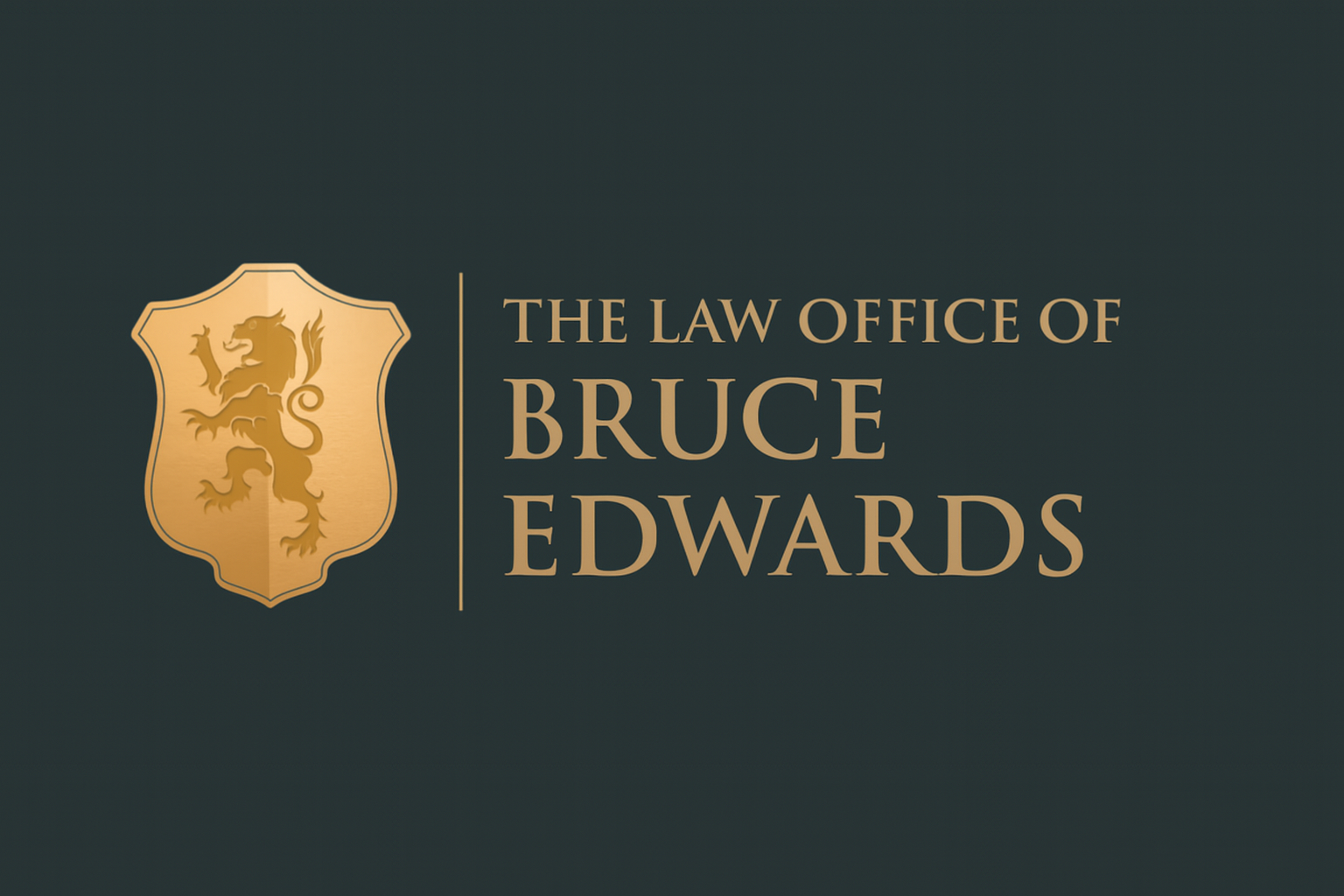Uber & Lyft Accidents
Who We Represent
We handle injury claims involving:
- Uber or Lyft passengers injured during a ride
- Drivers hit by a rideshare vehicle
- Rideshare drivers injured while working
- Pedestrians or cyclists struck by rideshare drivers
- Wrongful death claims involving Uber/Lyft vehicles
App Off
Personal auto insurance applies
App On
No Rider
Limited rideshare coverage may apply
App On
With Rider Or En Route
Uber/Lyft provide up to $1M in liability coverage
What Compensation May Include
- Medical treatment and follow-up care
- Lost wages and reduced future income
- Pain and suffering
- Long-term care for serious injuries
- Wrongful death-related expenses
- Out-of-pocket costs & property damage
Frequently Asked Questions
Who pays for my injuries after an Uber or Lyft crash?
It depends on who caused the crash and what the driver was doing. If they were actively working (picking someone up or mid-ride), Uber or Lyft’s $1M policy may apply. If not, their personal insurance could be responsible.
Can I sue Uber or Lyft directly?
Not usually. Drivers are considered independent contractors, not employees — but we can still pursue compensation through the insurance they’re required to carry.
What if the rideshare driver was at fault?
If they were logged into the app and working, we can often pursue a claim through Uber or Lyft’s insurance. These companies will fight it — but we know how to push back.
What if another driver caused the crash while I was in an Uber or Lyft?
We can still help. In many cases, multiple insurance policies may apply — and we’ll help determine which ones can be used.
How much does it cost to hire your firm?
Nothing up front. We only get paid if we recover money for you.
Why It Matters
Rideshare accidents are more common than people realize — and the insurance side is anything but simple. These companies are built to protect themselves, not to help you.
We’ve handled complex injury claims for decades, and we know how to deal with large insurers and their legal teams. We fight for the full value of your claim — not just what they offer.
